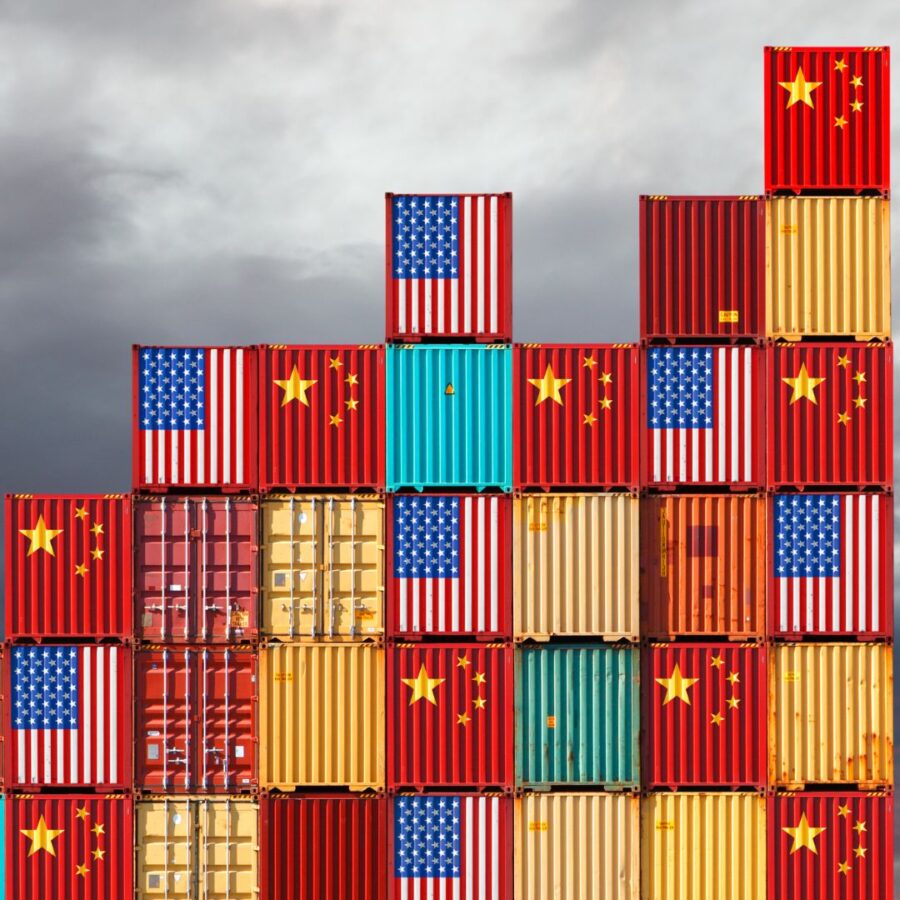On April 5, 2025, the administration’s sweeping “reciprocal tariffs” plan kicked in, imposing a universal 10 % duty on nearly all imports – and just days later hiking Chinese‑origin goods to levels exceeding 100 % under successive surcharges. Suppliers across healthcare pre‑raised list prices by up to 20 %, fueling a supply‑cost surge that industry groups warn could drive prices at least 15 % higher in the coming months. For dental practices, those early duty hikes have translated into the first pricing ripples: nitrile gloves, masks, chairs and CBCT units are all carrying noticeably higher price tags today.
Navigating Tariff‑Driven Cost Increases
Dental practices can blunt the impact of these rising supply costs without compromising care or margins:
- Centralize and renegotiate bulk orders
Pool purchasing across locations—or partner with fellow local practices—to gain volume discounts and push suppliers to absorb part of the duty increase.
- Optimize inventory and waste reduction
Adopt just‑in‑time ordering, track real‑time usage data, and rotate stock to minimize over‑ordering and expired supplies.
- Explore near‑shoring and alternate vendors
Evaluate U.S.‑based or non‑tariffed suppliers for key consumables; paying a modest premium on domestic goods can be cheaper than enduring a 100 % tariff on imports. Check out our partner: ZenOne to immediately reduce your supply costs! Ask your Advisor how Engage Advisors clients can receive their partner promotion.
- Strategically adjust fee schedules
Implement modest fee tweaks—1–2 % at a time—targeting high‑consumption services, and communicate transparently with patients about the minimal increases needed to maintain quality. Fees for non-recurring services can be raised at a much faster pace – review the fees for other dentists your area and increase them according to your standard of care.
- Reduce insurance dependence
Consider going out-of-network with your lease profitable insurance payers – or have an expert PPO company evaluate your current PPO contracts and uncover any way for you to be paid at a higher fee schedule for your procedures.
- Review overhead for hidden savings
Audit recurring expenses—software subscriptions, equipment leases, utilities—and negotiate or consolidate where possible to offset supply cost surges.
- Leverage expert guidance
At Engage Advisors, we help practices build rolling forecasts, run zero‑based budgeting workshops and renegotiate vendor contracts—so you keep cash flowing where it counts.
Industry follow up
The ADA spearheaded a coalition letter on April 1 urging the USTR to exempt medical and dental supplies from these duties—emphasizing the risk to patient access and practice viability.
On April 7, AdvaMed and nine other medtech organizations sent a complementary letter echoing these concerns and calling again for carve‑outs.
As of mid‑July 2025, no formal tariff exemptions have been granted, and practices continue to shoulder elevated import costs—though Becker’s notes the dental market is poised to grow 12 % this year, offering some offset to those higher supply expenses.
Even so, without proactive cost‑management measures, rising import duties could still squeeze margins. That’s why it’s more important than ever to combine industry advocacy with hands‑on strategies—like rolling forecasts, zero‑based budgeting, and vendor renegotiations—to protect your practice’s profitability. Engage Advisors is here to guide you through each step and ensure you’re positioned to thrive despite ongoing tariff pressures. Schedule a call today.

